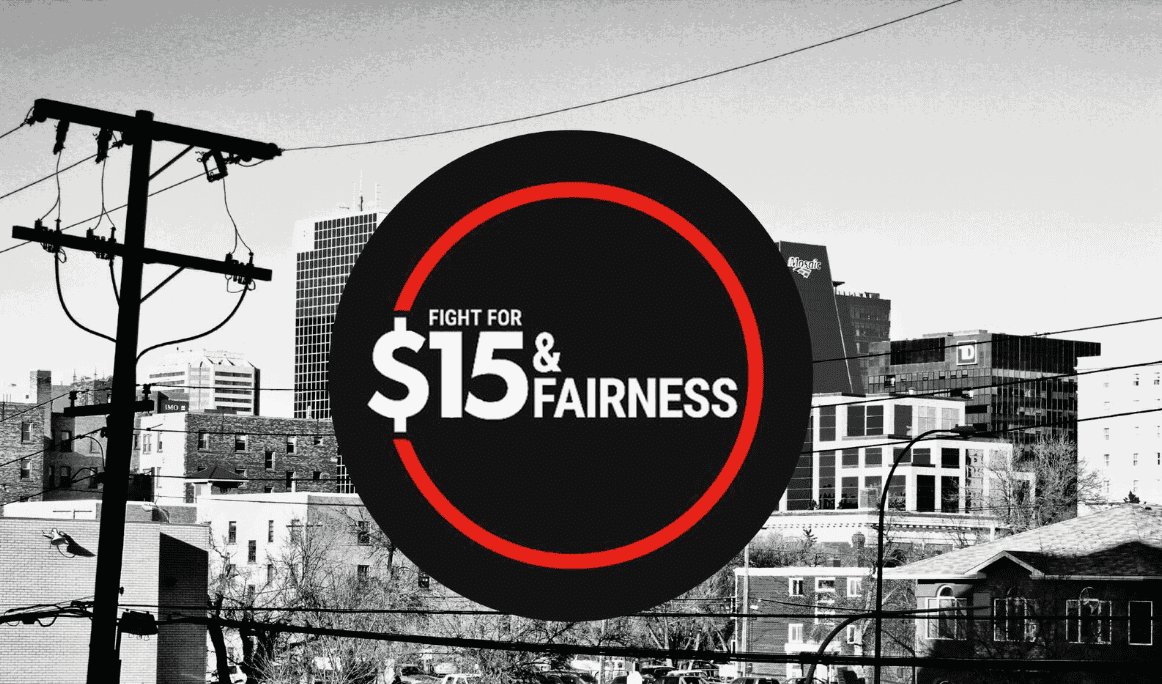Minimum wage

author: elisabeth schmueller| contributor

Jeremy Davis
Saskatchewan maintains the lowest minimum wage in Canada
I strongly believe happiness is more important than money, but at the same time, happiness depends on whether we earn enough money to live comfortably. Unfortunately, this is not simple, or even always possible, for the hundreds of minimum wage workers within our province. Despite the rising cost of goods and the decisions of other Canadian provinces to increase their minimum wage, Saskatchewan’s remains stagnated. This not only keeps us behind all other Canadian provinces, but also hurts people and damages our provincial economy.
The average minimum wage in Canada as of June 1, 2018 is $12.10, with Saskatchewan being the lowest at $10.96. However, all other Canadian provinces and territories have either increased their minimum wage or made plans to do so. For some provinces this has only been a small increase, but for others it will move up to $15. There is an optimism that Saskatchewan’s government will follow a similar path, but unfortunately their only plan is to add another ten cents by the end of October, moving us to $11.06.
For those employees who make minimum wage and work full time at 40 hours a week, this gives them roughly $21,000/year. This is just below the poverty line of $22,133 for a single person and $38,000 for a family of three, according to Statistics Canada. This extremely low wage is not enough to survive and causes more stress for employees, as buying necessities becomes a concern. It might also force two parents to get full-time jobs in order to support their family. If these two people have young children, one parent would be unable to stay home with them, which would add another money concern, as they would have to search for affordable childcare.
Five years ago, a study was conducted by the Community Research group at the University of Regina to determine a living wage – a reasonable amount of money an individual would need to live comfortably. At the end of their study, they discovered that this amount would have to be around $16.46/hr. Unfortunately, no minimum wage worker in Canada makes this amount of money.
Although some see disadvantages to increasing our provincial minimum wage, I disagree because of the two major benefits this study points out. First, if people have more money they can buy more; this includes what they need and possibly want further down the road, which supports businesses and keeps our economy growing. Secondly, it helps productivity, as there is less need to switch between employees. If people are happy with their job and their pay, they are more likely to stay. As a result, the company is able to save money, time and effort, as it eliminates the need to hire and retrain new workers.
Ultimately, everyone deserves to live a comfortable life, free from severe financial worries and poverty. A fair wage has been an issue since the time of the very first employee, and until this is achieved, we can’t give up the fight.









